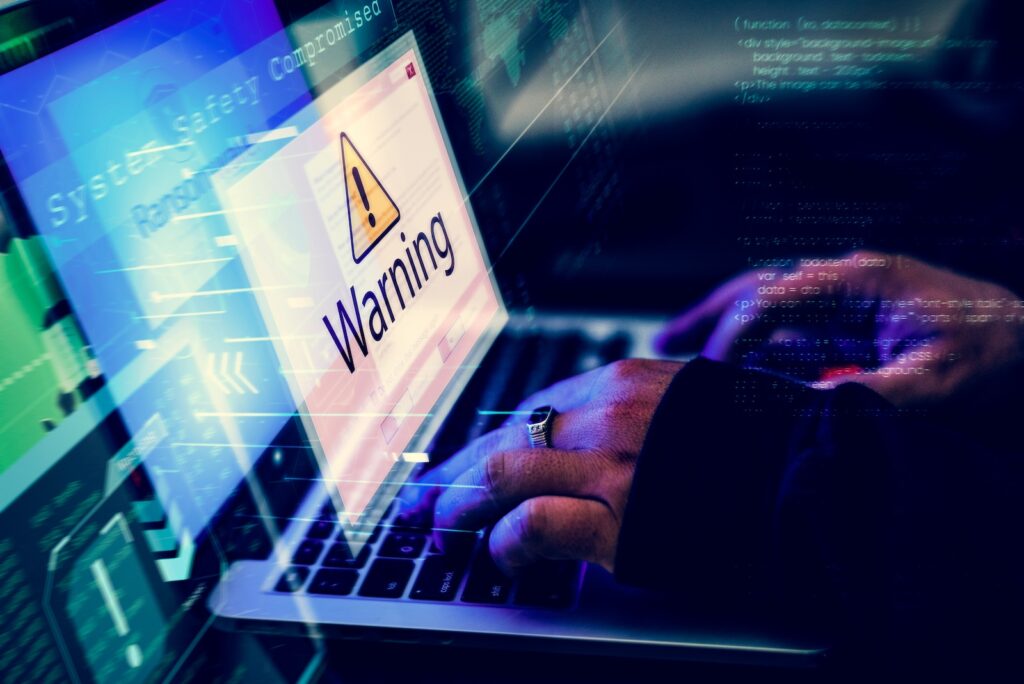Rise in Scammers Sending Fake Invoices: How to Protect Your Money
In a cunning new tactic, scammers are now impersonating legitimate businesses to con individuals and companies out of their money. By sending fraudulent invoices that appear to be from actual businesses, these scammers are tricking customers into paying them instead of the real business. What makes this scam especially tricky is that the invoices look genuine and might even be for services or products you actually expect. However, the major catch is the bank account details provided on these fake invoices – they belong to the scammers.
This alarming trend is essentially a form of identity theft but for businesses. Scammers steal the identity of real businesses, from their logos to their invoice layouts, to create a convincing scam. This not only affects customers who might lose their money, but it also damages the reputation of the businesses being impersonated.
Why is this happening more frequently? Well, advancements in technology have made it easier for scammers to create realistic-looking invoices and to send them out to wide audiences at a minimal cost. Moreover, since people tend to trust invoices from companies they recognize, they may not double-check the details as they should.
So, how can you protect yourself and your money from falling victim to these kinds of scams? Here are a few tips:
1. **Always Double-Check the Details**: If you receive an invoice, especially an unexpected one, take the time to verify its authenticity. This can be as simple as contacting the company directly (using contact details from their official website, not the invoice) to confirm they sent the invoice.
2. **Be Cautious of Unusual Payment Requests**: If an invoice asks for payment to be sent to a new or different account, it’s a red flag. A legitimate business will usually notify their customers through multiple channels before changing their payment details.
3. **Secure Your Personal Information**: Be mindful of where and how you share your personal and financial information. Scammers can use bits of information from different sources to create convincing scams.
4. **Educate Yourself and Others**: Awareness is one of the best defenses against scams. The more you know about the different types of scams and how they work, the less likely you are to fall victim to them. Share what you learn with friends, family, and colleagues.
In today’s digital age, being vigilant and skeptical can save you not just money, but also a lot of hassle and distress. Scams, like the one involving fake invoices, prey on trust and routine. By being cautious and staying informed, you can help protect yourself against these deceitful tactics. Remember, if something doesn’t feel right, it’s always better to pause and verify before proceeding.
The rise in these scams is a reminder of the ever-changing landscape of cybercrime. Everyone needs to stay one step ahead by being cautious, skeptical, and proactive in protecting their information and finances.

